
Code: 02191109
Adam de Wodeham: Tractatus de Indivisibilibus
by R. Wood
The English Franciscan philosopher and theologian, Adam of Wodeham (d. 1358), was a disciple and friend of William of Ockham; he was also a student of Walther Chatton. Nevertheless, he was an independent thinker who did not hesita ... more
- Language:
 English
English - Binding: Paperback
- Number of pages: 348
Publisher: Springer, 2011
- More about this

229.14 €

Low in stock at our supplier
Shipping in 10 - 14 days
Potřebujete více kusů?Máte-li zájem o více kusů, prověřte, prosím, nejprve dostupnost titulu na naši zákaznické podpoře.
Add to wishlist
You might also like
-
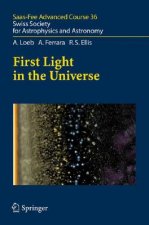
First Light in the Universe
187.78 € -

Coping with the Seasons: Workbook
56.75 € -
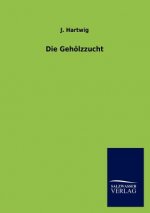
Gehoelzzucht
28.47 € -7 %
Give this book as a present today
- Order book and choose Gift Order.
- We will send you book gift voucher at once. You can give it out to anyone.
- Book will be send to donee, nothing more to care about.
More about Adam de Wodeham: Tractatus de Indivisibilibus
You get 576 loyalty points
 Book synopsis
Book synopsis
The English Franciscan philosopher and theologian, Adam of Wodeham (d. 1358), was a disciple and friend of William of Ockham; he was also a student of Walther Chatton. Nevertheless, he was an independent thinker who did not hesitate to criticize his former teachers - Ockham sporadically and benevolently, Chatton, frequently and aggressively. Since W odeham developed his own doctrinal position by a thorough critical examination of current opinions, the first part of this introduc tion briefly outlines the positions of the chief figures in the English controversy over indivisibles. The second part of the introduction pre sents a summary of Wodeham's views in the Tractatus de indivisibilibus, lists the contents of the treatise, and considers the question of its date and its chronological position in the context of Wodeham's other works. In the third part, the editorial procedures used here are set forth. 1. THE INDIVISIBILIST CONTROVERSY In the literature of the 13th and 14th centuries, the term 'indivisible' refers to a simple, un extended entity. Consequently, these indivisibles are not physical atoms but either mathematical points, temporal instants or indivisibles of motion, usually called mutata esse. I THOMAS BRADWARDINE (d. 1349), roughly contemporary with Wodeham, classified the positions it was possible to take regarding indivisibles. He described his own view as the common view, that of "Aristotle, A verroes, and most of the moderns," according to which a "continuum was not composed of atoms (athomis) but of parts divisible without end.
 Book details
Book details
Book category Books in English Humanities Philosophy Philosophy: metaphysics & ontology
229.14 €
- Full title: Adam de Wodeham: Tractatus de Indivisibilibus
- Subtitle: A Critical Edition with Introduction, Translation, and Textual Notes
- Author: R. Wood
- Language:
 English
English - Binding: Paperback
- Number of pages: 348
- EAN: 9789401071383
- ISBN: 9401071381
- ID: 02191109
- Publisher: Springer
- Weight: 504 g
- Dimensions: 229 × 152 × 19 mm
- Date of publishing: 26. September 2011
Trending among others
-

Neville Goddard
29.78 € -
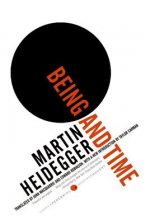
Being and Time
19.41 € -15 % -
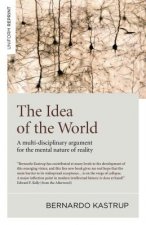
Idea of the World, The - A multi-disciplinary argument for the mental nature of reality
17 € -19 % -
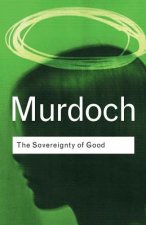
Sovereignty of Good
15.59 € -12 % -
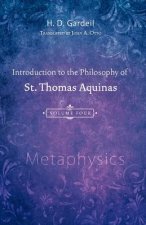
Introduction to the Philosophy of St. Thomas Aquinas, Volume 4
35.21 € -23 % -
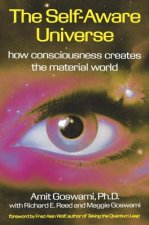
Self-Aware Universe
18.10 € -10 % -
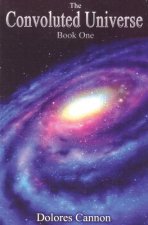
Convoluted Universe: Book One
20.42 € -2 % -
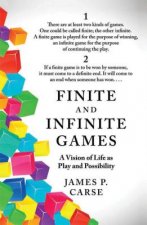
Finite and Infinite Games
15.09 € -25 % -
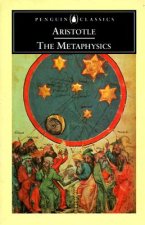
Metaphysics
13.07 € -24 % -
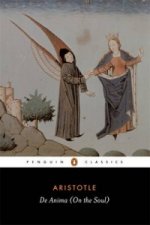
De Anima (On the Soul)
11.26 € -28 % -

Life Of The Mind
22.23 € -3 % -
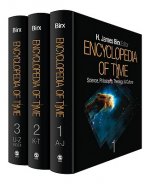
Encyclopedia of Time
507.70 € -10 % -
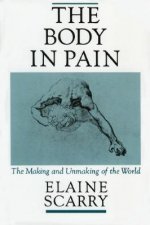
Body in Pain
17.10 € -25 % -

On Being a Pagan
23.74 € -

Chiropractic Text Book
34.81 € -2 % -
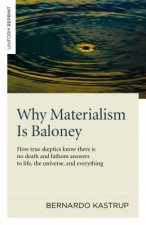
Why Materialism is Baloney
14.78 € -19 % -
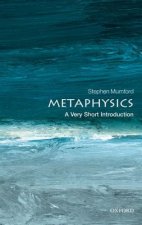
Metaphysics: A Very Short Introduction
10.05 € -28 % -
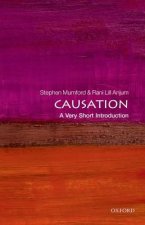
Causation: A Very Short Introduction
10.05 € -28 % -
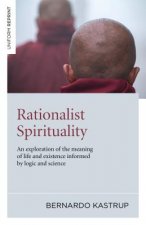
Rationalist Spirituality - An exploration of the meaning of life and existence informed by logic and science
11.46 € -19 % -
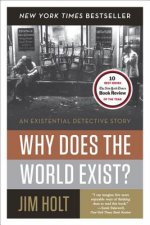
Why Does the World Exist?
14.38 € -24 % -
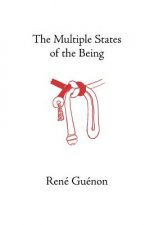
Multiple States of the Being
16.70 € -1 % -
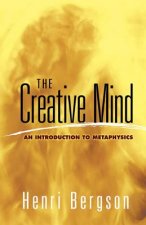
Creative Mind
10.66 € -24 % -
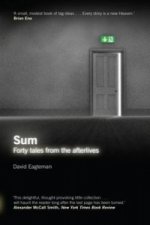
Sum
10.86 € -18 % -
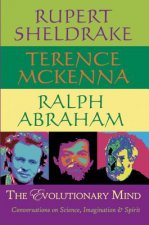
Evolutionary Mind
15.49 € -22 % -
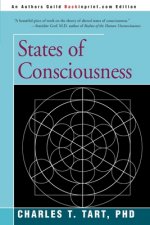
States of Consciousness
16.49 € -17 % -
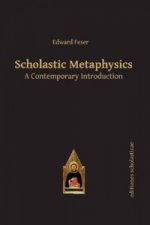
Scholastic Metaphysics
26.05 € -

Scent of Time - A Philosophical Essay on the Art of Lingering
17.20 € -5 % -
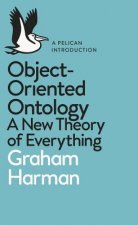
Object-Oriented Ontology
11.46 € -19 % -
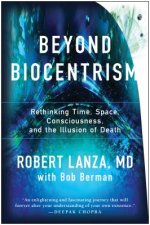
Beyond Biocentrism
11.97 € -26 % -
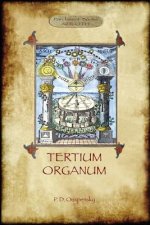
Tertium Organum
15.49 € -
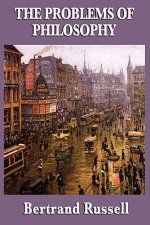
Problems of Philosophy
10.46 € -
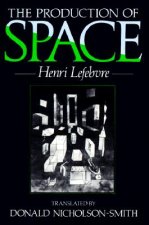
Production of Space
39.84 € -8 % -

GOD Works Through YOU
18.31 € -
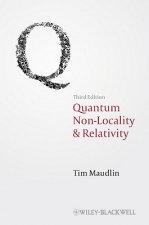
Quantum Non-Locality & Relativity - Metaphysical Intimations of Modern Physics 3e
49.91 € -
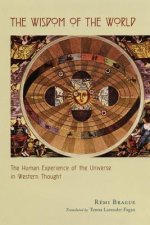
Wisdom of the World
38.53 € -
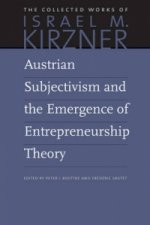
Austrian Subjectivism & the Emergence of Entrepreneurship Theory
19.21 € -9 % -
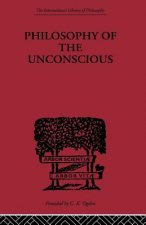
Philosophy of the Unconscious
63.69 € -

Being Ecological
10.56 € -26 % -

Logic Manual
15.39 € -2 % -
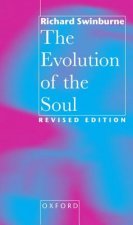
Evolution of the Soul
66.21 € -
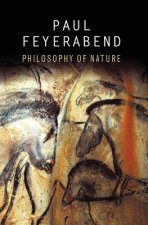
Philosophy of Nature
30.08 € -2 % -
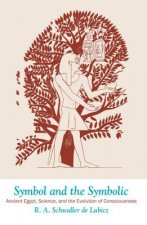
Symbol and the Symbolic
10.66 € -24 % -
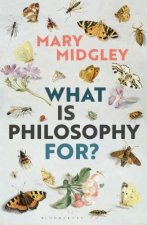
What Is Philosophy for?
26.05 € -15 % -
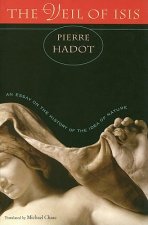
Veil of Isis
28.57 € -21 % -

Human Animal
98.61 € -
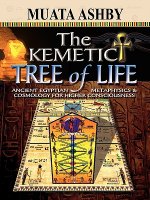
Kemetic Tree of Life Ancient Egyptian Metaphysics and Cosmology for Higher Consciousness
23.74 € -17 % -
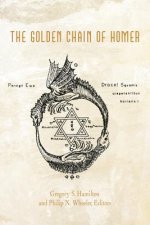
Golden Chain of Homer
17.40 € -23 % -

Divine Blueprint
25.95 € -
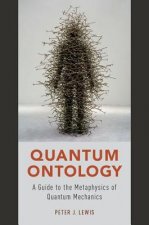
Quantum Ontology
58.96 €
Collection points Bratislava a 2642 dalších
Copyright ©2008-24 najlacnejsie-knihy.sk All rights reservedPrivacyCookies


 15549 collection points
15549 collection points Delivery 2.99 €
Delivery 2.99 € 02/210 210 99 (8-15.30h)
02/210 210 99 (8-15.30h)